Home’s no haven for Amanda Lacaze as Lynas rare earths empire expands
Amanda Lacaze, the chief executive of rare earths company, Lynas, hates working from home.
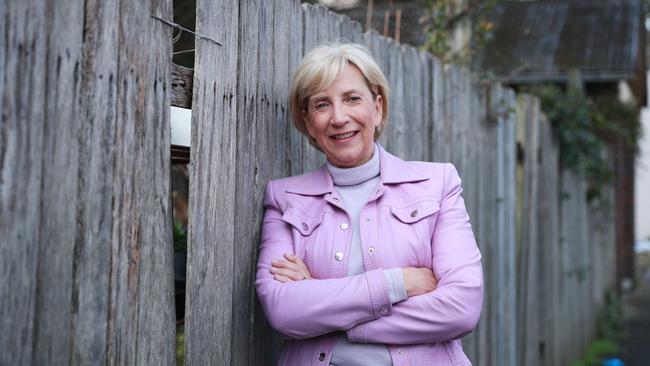
Amanda Lacaze, the chief executive of rare earths company, Lynas, hates working from home.
“When I say I hate it, I really do,” she says cheerfully in a socially distanced interview with The Australian at Bar Doppio, a cafe in Sydney’s Rose Bay this week.
“It’s not too strong a word. I really do.”
While other chief executives are extolling the virtues of working from home and their life in lockdown, Lacaze says she is not happy at having to run her company — with its operations in Malaysia, Western Australia and a prospective plant in Texas — from her family home in Sydney.
While she admits that Sydney, where she has been largely based since mid-February when she flew to Australia for a board meeting and got caught with border closures, is a good place to sit out a pandemic, Lacaze would like nothing better to jump on a plane to get back to her office in Kuantan on the sunny eastern coast of Malaysia, where Lynas has a staff of some 750 people, or be allowed to travel to Western Australia, where the company has 100 staff in Perth, a mine at Mt Weld and plans for a new $500m processing plant at Kalgoorlie.
“I’m quite isolated in Sydney,” she says.
“If I were in Malaysia, I could go to work. We restarted our plant there on May 4 and we brought our office staff back on July 1,” she says. “Our Perth office is open.
“I could go to our mine site if I were Perth-based. But if I went to Perth I would have to spend two weeks sitting in a hotel room, so I might as well be sitting here.”
While the eastern suburbs of Sydney is one of the best places in Australia to live — housing some of the wealthiest people in Australia and a former prime minister — Lacaze’s life during her COVID-19 driven detention in Australia has had its challenges.
She has had to deal with the unexpected death of her 87-year-old mother in Queensland which followed several trips to hospital and back, with Lacaze making trips up to her home on the Sunshine Coast before the state border was closed.
“I have a few friends who have lost their mothers during COVID-19,” she says. “It was very difficult.
“We had her ‘farewell’ the day that the funeral restrictions came in. We have a scattered family and there were many people who weren’t able to be there.”
While she is fortunate to own a home in Sydney, Lacaze has found the suburb has become a noisy “industrial zone” of home renovations and apartment building.
“The day we were doing our results call, they were jack hammering the tiles off the walls in the house next door,” she says.
“My husband had to go next door and say: ‘My wife’s got these important calls today’.
“The builders agreed to go on an early break, but there was still a lot of noise.”
She has also had to deal with the temporary closure of Lynas’s rare earths processing plant in Malaysia as part of the government’s COVID-19 shutdown.
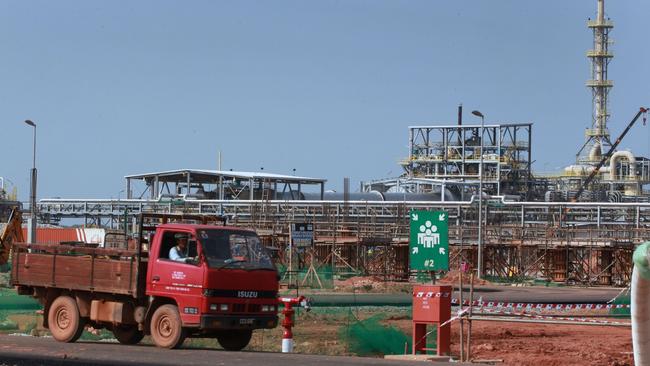
The 44-day closure saw Lynas report its first negative operating cash flow quarter for some years.
“I was heartbroken,” she says. “It was the first time we reported negative cashflow since the ramp-up phase of the processing facilities there.
“But now we are back in business.
“Things are working and it is good.”
After months away from her work sites, Lacaze is champing at the bit to meet her staff again face-to-face.
“I don’t like working from home,” she says frankly.
“I read all the articles about it and find them interesting. But I don’t like it because I am an extrovert. I like to engage directly with people.”
We are sitting at one of her favourite coffee shops. It has an Italian name but the people running it are Asian.
Lacaze asks that we name it as she says the people who run it deserve to have some publicity as they “work so hard”, open early in the morning and are doing a good job running a coffee shop in a COVID-19-safe away.
She wakes up early enough to get some work done before a trip to the gym and a regular call with senior executives at 8.30am Australian Eastern Standard Time, which is 6.30am in both Perth and Malaysia.
She has regular video meetings with staff (mainly using Microsoft Teams) as well as investors and other stakeholders through the day.
Some days, she says, are back-to-back conference calls. But there has also been the odd face-to-face work meeting, including going for a few walks along the harbour with business contacts.
Living in Rose Bay, she has had a chance to catch up a bit more with Sydney-based director Kathleen Conlon, who will take over as Lynas chair on September 30 following the retirement of Mike Harding.
Lacaze knows that some staff like the anonymity of working from home, but she insists they turn on the video so she can see them.
“We do team meetings,” she says. “Plenty of my staff are happy to sit there with their video turned off, but I (tell them) the whole idea of this is that I can see you.”
Lacaze rejects claims that people are more efficient working from home.
“Most people are definitely more productive working in an office than working outside,” she says.
“Most of us are creatures of habit. We respond to cues.”
Lacaze warns employees not to try to argue the case for working from home by telling their bosses that it allows them to drive their children to and from school.
“Lots of people say working from home is great, because they can take the kids to school.
“But that’s not working — it’s parenting. It’s not a compelling argument to a business.”
While there may be some short-term benefits to employees, she argues that over time, businesses work better if people are working together in an office.
“The idea of having a fully distributed workforce, networked electronically, which would give us the same outcome as people being able to interact directly on a personal basis — I’m just not seeing that.
“It will work for a certain amount of time because you can do all the repetitive tasks very easily on a distributed basis.
“But when it comes to really dealing with complex matters, creativity, identifying innovative solutions or strategies — all those sort of things — they don’t come from people in a vacuum.
“The richer your inputs, the richer your outputs.”
Lacaze says managers of a COVID-19-driven distributed workforce need to hone new skills for dealing with their staff.
“As a manager, you had better hope you have been a fairly effective leader in terms of growing people in the organisation to be able to do their jobs without someone standing over their shoulder,” she says.
“I have been quite delighted with the competence our people in leadership roles have been able to demonstrate.”
When Lacaze was hired to run Lynas in June 2014 — then a turnaround situation for a troubled company — she closed its Sydney office and moved to Malaysia to be at the processing plant site, moving with her husband, Wayne Morgan, who has been the primary carer for their three (now adult) children.
“Six years ago, when we all moved to Malaysia, it was the right thing to do. I was operating on site there,” she says.
“It’s not so important today as we have trained people up.”
Managers running a distributed workforce by video conferencing, she says, also need to take a lot more care in how they communicate.
It’s much easier, for example, to make a joke in person.
On a conference call, where people cannot always see visual cues, there can be a danger that people take things the wrong way.
“If you joke with someone in person they can see that you are joking,” she says.
“When you don’t have that normal interaction, you need to be mindful of what you say and how you say it. You have to be more thoughtful with your words.”
She says that managers also need to be mindful that individual workers react differently to life in a distributed workforce, with some happy to be at home working on their own and others — like herself — missing regular people-to-people interaction.
While some managers secretly worry that some of their staff are not working enough when they are working from home, Lacaze says one of the big worries is high- performing staff who won’t stop working.
“One of the benefits of working outside the home is that you have a separation between working and other activity,” she says.
“Without that separation, there is a danger that your very high- performing staff will keep on working.
“Some people say working from home can save two hours a day in travel that they can spend on other things.
“But your high-performing staff will look at it as two hours extra they could be working.
“With none of the structures that are associated with working outside the home, your really high performers don’t have an off button.
“There is a greater risk they are going to end up burning out.”
Lynas was founded by former Macquarie Group executive director Nick Curtis in 1983.
It had gone through many ups and downs, including the highs of rare earth prices when the Chinese cornered the market, sending Lynas’s share price above $24 in 2011, and the collapse of the market a few years later, when Lacaze was recruited as chief executive.
She had developed a reputation as a manager who can turn businesses around, having run Commander Communications and had executive roles at Orica, Telstra, and Nestle Australia.
When she took over in mid-2014, the share price had fallen below 40c.
For the first few years of her period as chief executive, the debate in the market was about whether she could turn it around.
Lacaze got its cost base under control, helped get its plant in Malaysia on track and reduced its debt levels.
“In 2015, after I first joined, we had $600m worth of debt and an equity value of $130m.
“Today we have about $200m of debt — but it is 10-year dated debt which is a long time — and our equity value is $1.6bn.
“The turnaround is well and truly complete.”
There was a time when Lacaze might have thought her job was done as Lynas chief executive, but she is now on the next stage of transforming the business — a strategy that was announced last year.
This includes plans for a rare earth processing plant in Kalgoorlie, continued expansion of the plant in Malaysia and an assessment of a possible heavy rare earth plant in Texas in a joint venture with American company the Blue Line Corporation.
As the US becomes more concerned about the strategic nature of rare earths — most of which are produced in China — it was announced last month that the US Defence Department would help fund a feasibility study about the new Lynas plant in Texas.
Lacaze, whose company has been heavily backed by Japanese investors, given Japan’s interest in rare earths, was chuffed that Lynas got a mention by name in the joint communique issues by Australian and US defence and foreign affairs ministers in Washington.
This is a reflection of governments paying more attention to the importance of developing their own rare earths supply chain, she says.
“We are getting a lot of attention,” she jokes.
Lacaze insists that there is plenty still to do at Lynas with the new plant in Western Australia and a possible reprocessing plant in the US.
Despite the strains of being forced to work away from her work base for many months — with no immediate prospect of that changing — she is still enthusiastic as ever about the challenge of running a small global company.
“I really love my job,” she says. “I like working. I joke to some people that I am going to work until I am 94 like (former Malaysian Prime Minister) Mahathir.”
PM from 1981 to 2003, Mahathir took up the role again in 2018 at the age of 92, stepping down in March this year, aged 94.
“If he can do it, so can I,” she says.


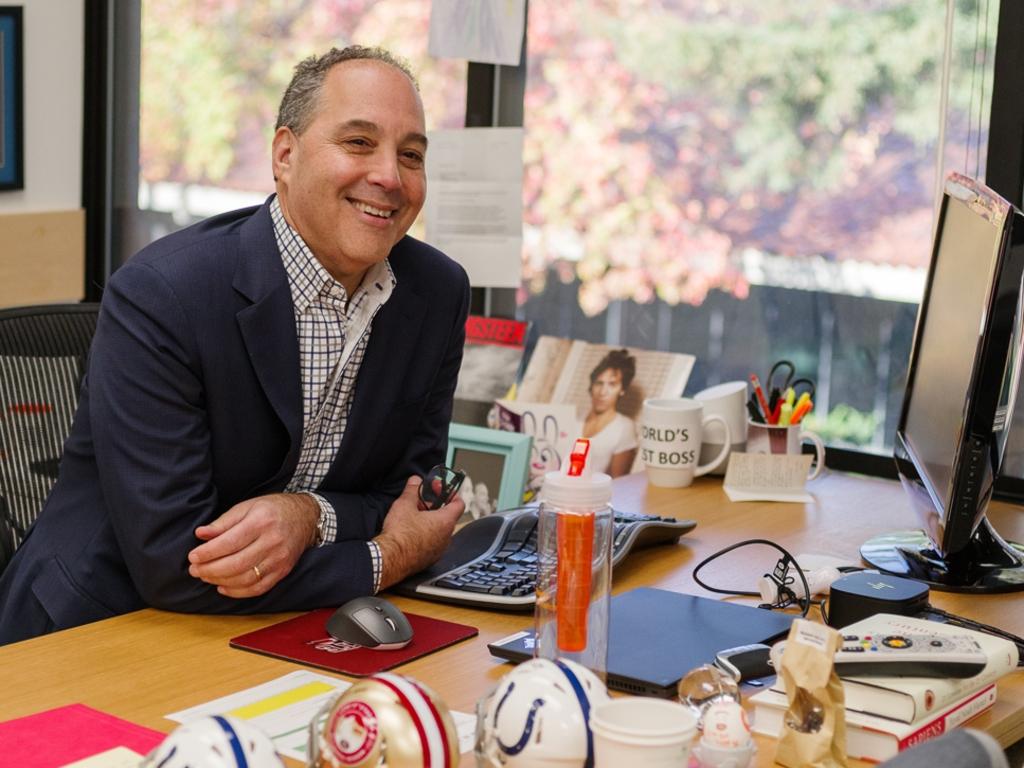
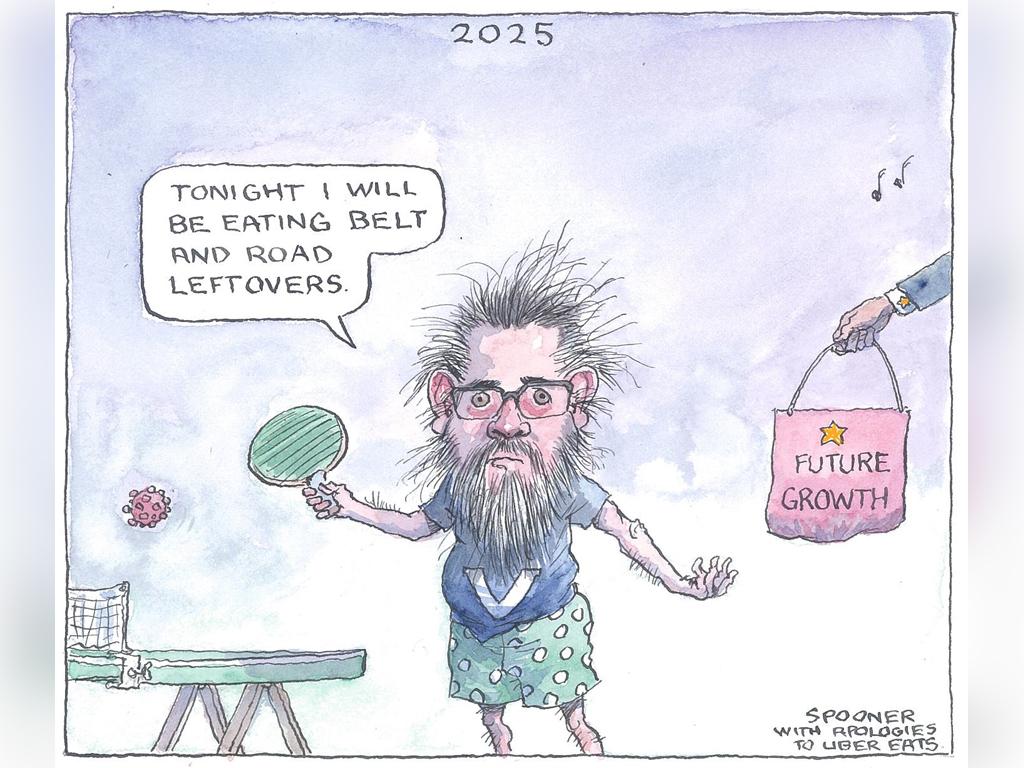
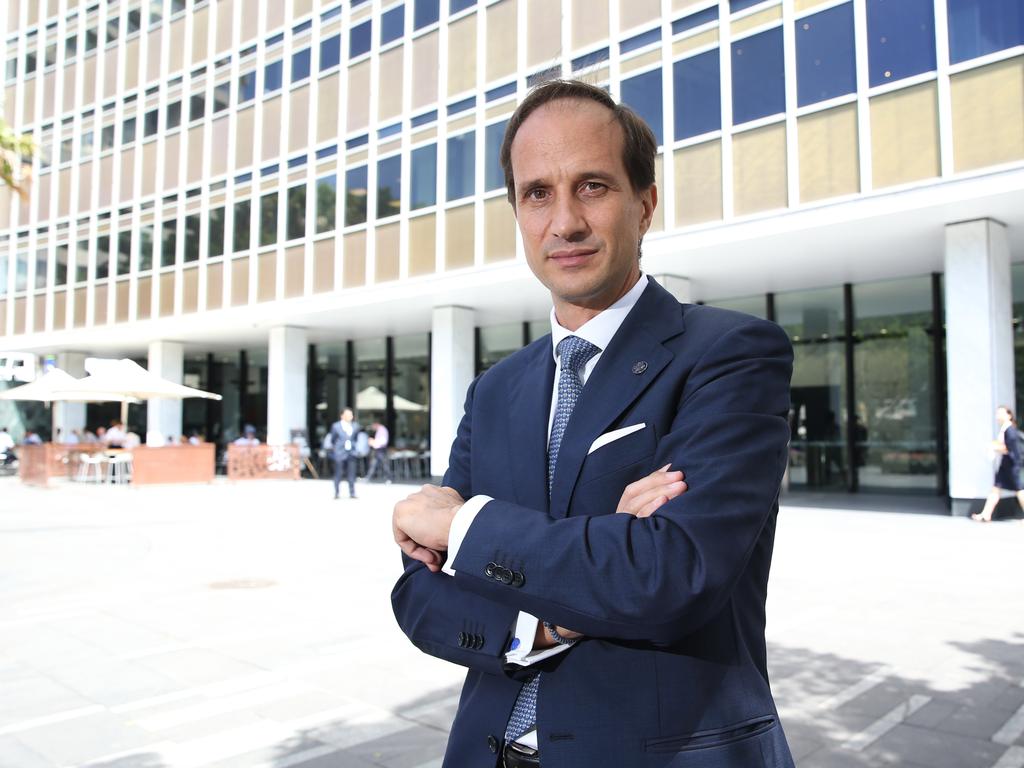


To join the conversation, please log in. Don't have an account? Register
Join the conversation, you are commenting as Logout